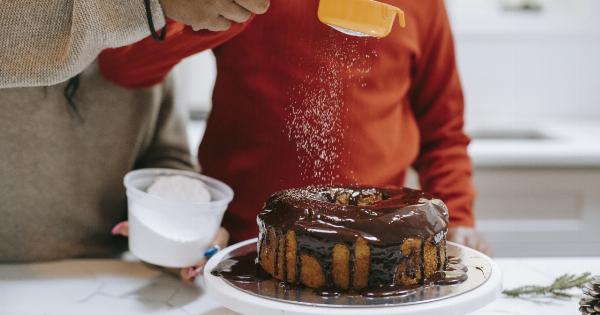As the holiday season approaches, many parents and loved ones may be wondering what gifts to get their children.
While toys, games, and electronics may seem like safe bets, experts caution that kids can spoil numerous gifts through neglect, misuse, and even intentional destruction.
Why Do Kids Spoil Gifts?
There are a few reasons why kids may spoil gifts, ranging from curiosity and experimentation to boredom and frustration.
Young children, in particular, may not understand the value of certain items, or may be tempted to test their limits by breaking or disassembling them.
Older children may be more deliberate in their attempts to ruin gifts, especially if they feel uninterested or ungrateful towards them.
In some cases, kids may also use gift destruction as a form of rebellion or expression of negative emotions such as anger or jealousy.
The Cost of Spoiled Gifts
Spoiled gifts can be frustrating for both the giver and the recipient. Not only does it mean a waste of money and resources, but it can also damage relationships and create disappointment and resentment.
Depending on the type and extent of damage, it may be difficult or impossible to return or exchange the gift, resulting in further financial loss. Broken or lost items may also cause safety hazards or expose children to harmful materials and chemicals.
How to Avoid Gift Spoiling
While it may not be possible to completely prevent all instances of gift spoiling, there are a few strategies that parents and loved ones can use to minimize the risk:.
1. Choose age-appropriate gifts
Select gifts that are appropriate for the child’s age and developmental stage. This can help reduce frustration and boredom, and ensure that the child is more likely to use and enjoy the gift.
2. Set clear expectations
Explain to the child the value and importance of the gift, and establish clear rules and boundaries for its use. Let them know that breaking or misusing the gift is not acceptable, and that there will be consequences for doing so.
3. Provide supervision and guidance
Monitor the child’s use of the gift and intervene if necessary. Offer guidance and support to help them understand how to use and care for the gift properly.
4. Focus on experiences instead of material items
Consider gifting experiences, such as tickets to a concert or a pass to a local museum, instead of material items. This can help create lasting memories and foster a sense of appreciation and gratitude.
What to Do If a Gift is Spoiled
If a gift is spoiled, it’s important to address the issue promptly and constructively. Avoid blaming or shaming the child, and instead focus on finding a solution that is fair and respectful to both parties.
If possible, try to repair or salvage the item. If this is not possible or practical, consider exchanging or returning the gift if the store’s policy allows it.
Conclusion
Gift giving can be a wonderful way to show love and affection towards children, but it’s important to be aware of the risk of gift spoiling.
By being mindful of age-appropriate gifts, setting clear expectations, and providing supervision and guidance, parents and loved ones can help minimize the risk of damaged and lost items.
At the same time, it’s important to remember that gifts are just one aspect of the holiday season. Focusing on experiences, traditions, and quality time with loved ones can help create lasting memories and bring joy and meaning to the holidays.



























